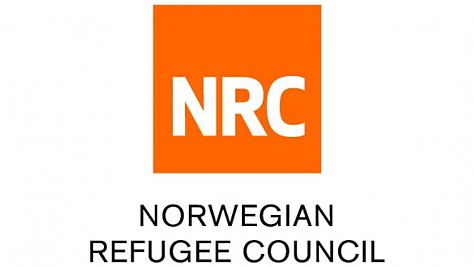Current Nansen Winner
"When you have educated mothers, you will almost certainly have educated future generations. So if you educate girls, you educate generations."
Aqeela Asifi
Today, 23 years after she arrived, her tent-school is a permanent building, and has transformed the lives of more than 1,000 girl students who have reached eighth grade and received a nationally endorsed certificate.
Asifi is a true symbol of triumph over adversity. With her quiet patience and determination, she has changed the lives of hundreds of young refugees, offering them a pathway out of poverty, and a chance to build themselves a future.
The ceremony
On 5 October, we honoured the 2015 winner of UNHCR’s Nansen Refugee Award, Aqeela Asifi.
We welcomed our host, Isabeela Kumar, Euronews presenter, and keynote speakers and artists to the stage:
- Cedric Cassimo, Visual artist and composer;
- Angelique Kidjo, UNICEF Goodwill Ambassador, two-time Grammy winner;
- Barbara Hendricks, UNHCR Honorary Ambassador for Life, classical singer;
- Ger Duany, UNHCR Goodwill Ambassador for the East and Horn of Africa region, actor.
We would also like to thank our global broadcast partners Euronews and Phoenix TV.
In photos: Nansen Laureate 2015
-
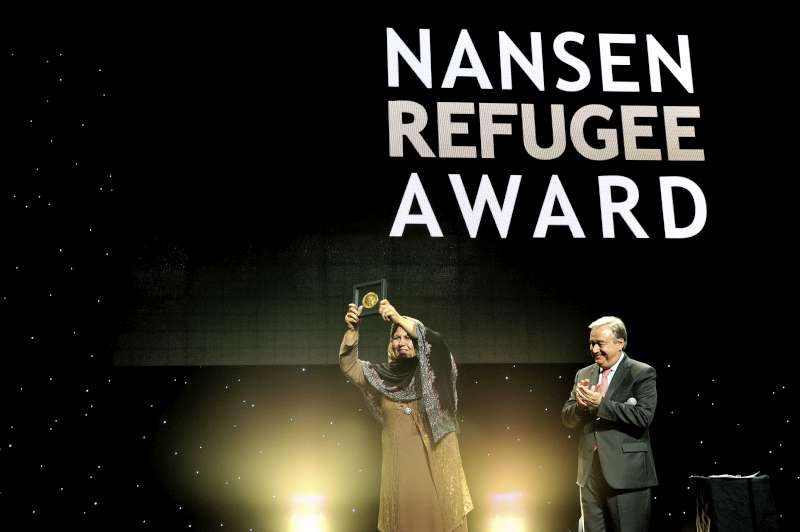 UNHCR High Commissioner António Guterres presents the Nansen Medal to Aqeela Asifi at the Nansen Refugee Award ceremony. © UNHCR/M.Henley
UNHCR High Commissioner António Guterres presents the Nansen Medal to Aqeela Asifi at the Nansen Refugee Award ceremony. © UNHCR/M.Henley -
 Afghan refugee and educator, Aqeela Asifi, accepts the Nansen Refugee Award in Geneva, Switzerland. © UNHCR/M.Henley
Afghan refugee and educator, Aqeela Asifi, accepts the Nansen Refugee Award in Geneva, Switzerland. © UNHCR/M.Henley -
 Two-time Grammy winner and UNICEF Goodwill Ambassador, Angelique Kidjo, performs at the Nansen Refugee Award ceremony. © UNHCR/M.Henley
Two-time Grammy winner and UNICEF Goodwill Ambassador, Angelique Kidjo, performs at the Nansen Refugee Award ceremony. © UNHCR/M.Henley -
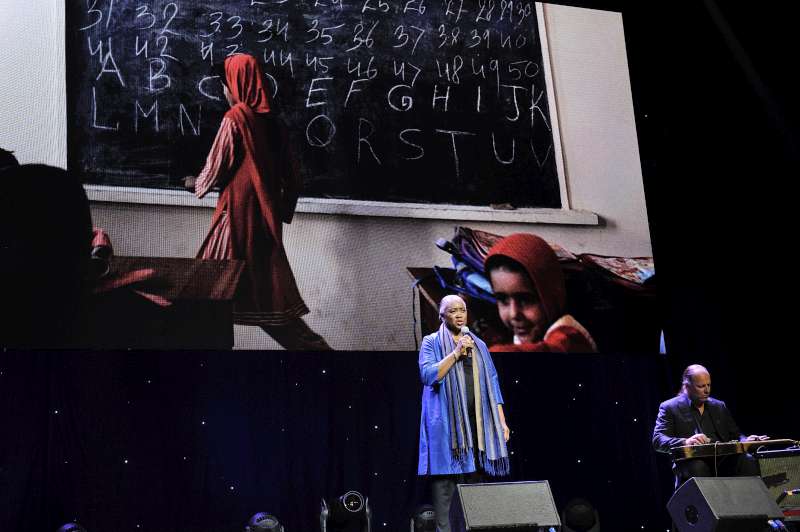 Classical singer and UNHCR Goodwill Ambassador Barbara Hendricks, sings for the audience. © UNHCR/M.Henley
Classical singer and UNHCR Goodwill Ambassador Barbara Hendricks, sings for the audience. © UNHCR/M.Henley -
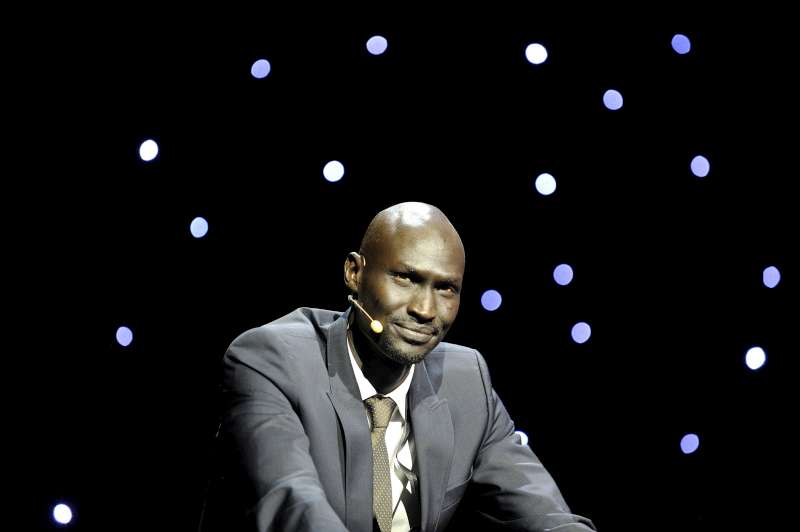 Actor and UNHCR Goodwill Ambassador Ger Duany speaks about the impact of education on his life. © UNHCR/M.Henley
Actor and UNHCR Goodwill Ambassador Ger Duany speaks about the impact of education on his life. © UNHCR/M.Henley -
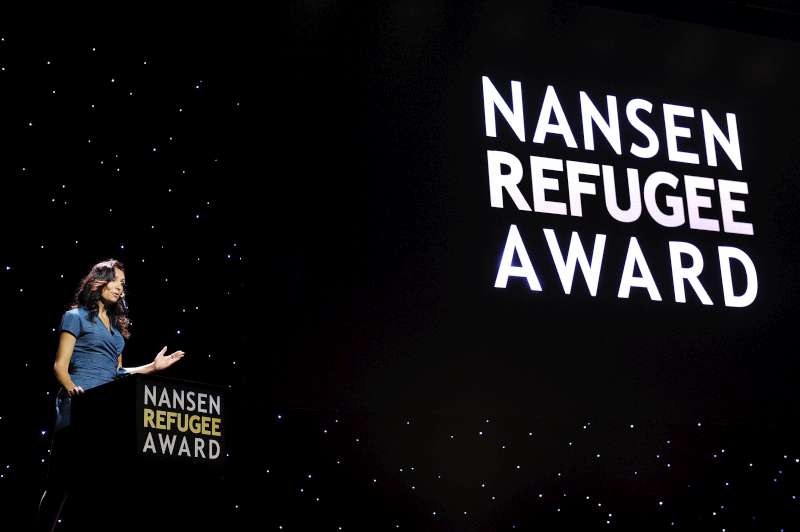 Euronews Presenter, Isabelle Kumar, presides over the Nansen Refugee Award ceremony in Geneva, Switzerland © UNHCR/M.Henley
Euronews Presenter, Isabelle Kumar, presides over the Nansen Refugee Award ceremony in Geneva, Switzerland © UNHCR/M.Henley -
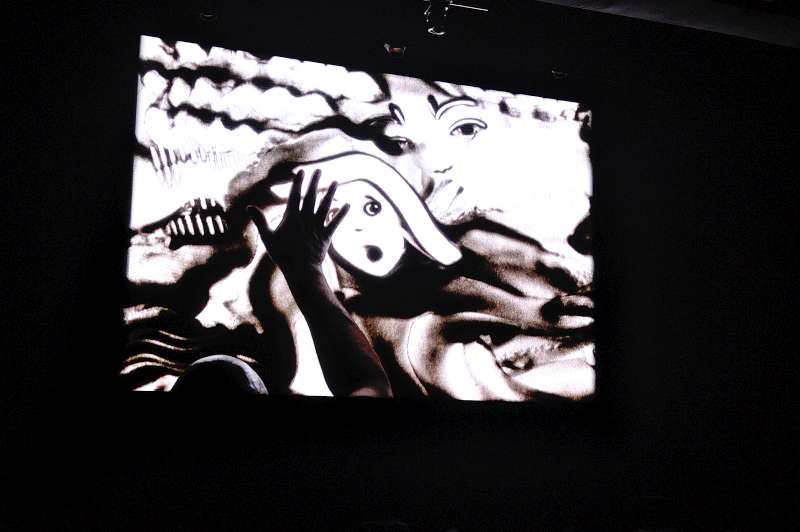 Visual artist and composer, Cassimo, tells the story of the winner using sand. © UNHCR/M.Henley
Visual artist and composer, Cassimo, tells the story of the winner using sand. © UNHCR/M.Henley -
 UNHCR Goodwill Ambassador Barbara Hendricks and UNICEF Goodwill Ambassador Angelique Kidjo perform a duet. © UNHCR/M.Henley
UNHCR Goodwill Ambassador Barbara Hendricks and UNICEF Goodwill Ambassador Angelique Kidjo perform a duet. © UNHCR/M.Henley
In photos: The 2015 Nansen Award winner
-
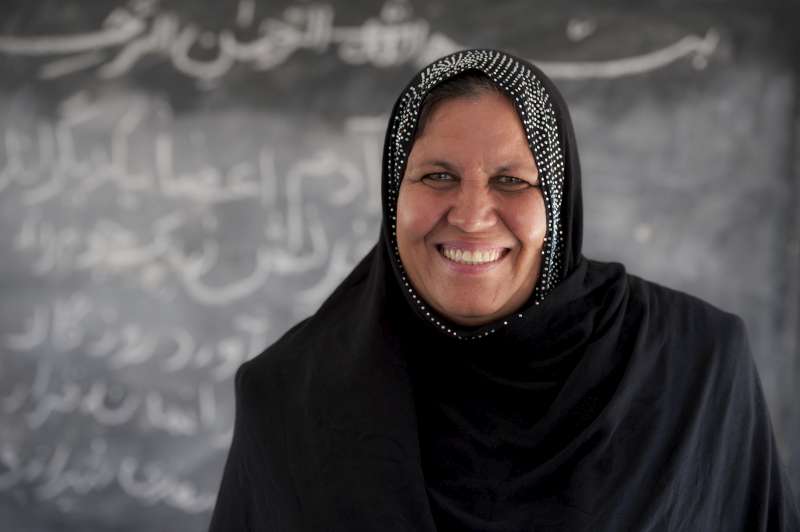 Aqeela Asifi is the 2015 winner of UNHCR's Nansen Refugee Award, recognised for her indefatigable efforts to help refugee girls access education. She has changed the lives of hundreds of young refugees. © UNHCR/S. Rich
Aqeela Asifi is the 2015 winner of UNHCR's Nansen Refugee Award, recognised for her indefatigable efforts to help refugee girls access education. She has changed the lives of hundreds of young refugees. © UNHCR/S. Rich -
 Young Afghan refugee girls at Asifi's school. Today, encouraged by Asifi's early example, 1,500 young people are enrolled in six schools throughout the refugee village. © UNHCR/S. Rich
Young Afghan refugee girls at Asifi's school. Today, encouraged by Asifi's early example, 1,500 young people are enrolled in six schools throughout the refugee village. © UNHCR/S. Rich -
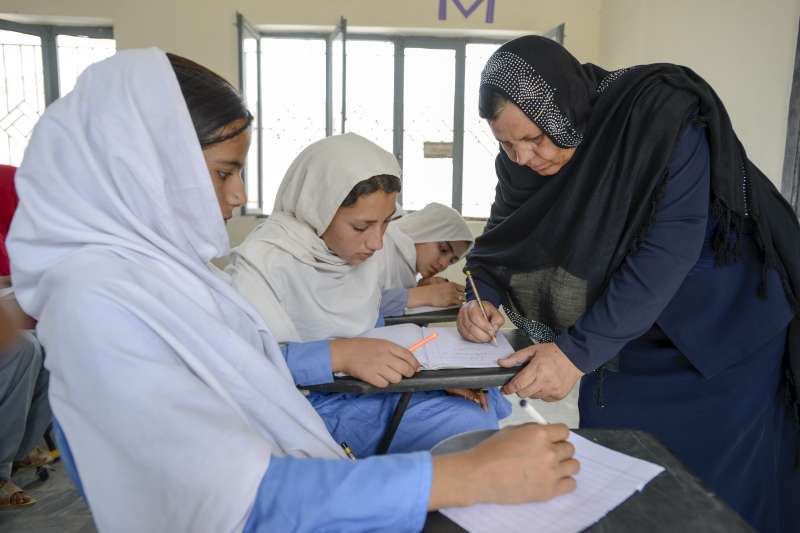 Asifi helping her students with their work. She remains a trusted mentor and role model to two generations of pupils. ©
Asifi helping her students with their work. She remains a trusted mentor and role model to two generations of pupils. © -
 Sawera Niazmand, eleven years old, is the youngest daughter of Aqeela Asifi, and a student at her mother's school. Education has given her hope for a life beyond the confines of the refugee village. "My dream is to become an eye doctor," she says, "to bring light to people who cannot see." © UNHCR/ S. Rich
Sawera Niazmand, eleven years old, is the youngest daughter of Aqeela Asifi, and a student at her mother's school. Education has given her hope for a life beyond the confines of the refugee village. "My dream is to become an eye doctor," she says, "to bring light to people who cannot see." © UNHCR/ S. Rich -
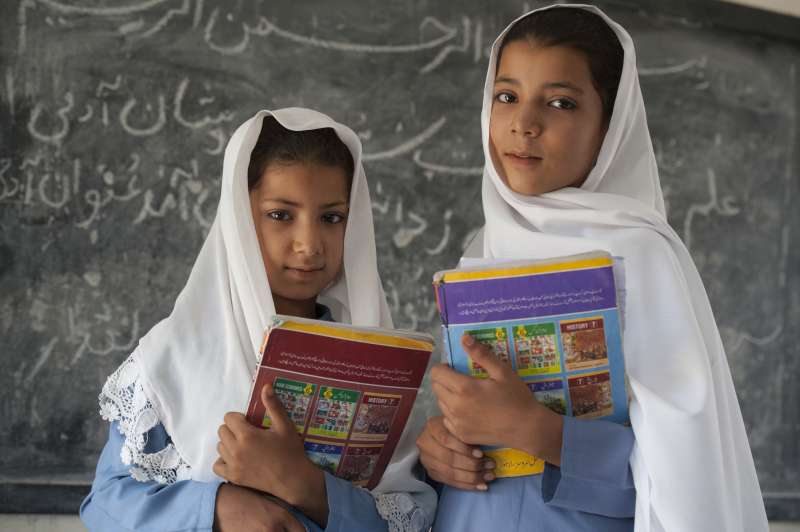 Haseena, nine years old, left, and Nadia, twelve years old. The sisters are the second generation of Afghan refugee girls to attend Asifi's school. Their mother, Salma, was among the first girl students two decades ago. © UNHCR/ S. Rich
Haseena, nine years old, left, and Nadia, twelve years old. The sisters are the second generation of Afghan refugee girls to attend Asifi's school. Their mother, Salma, was among the first girl students two decades ago. © UNHCR/ S. Rich -
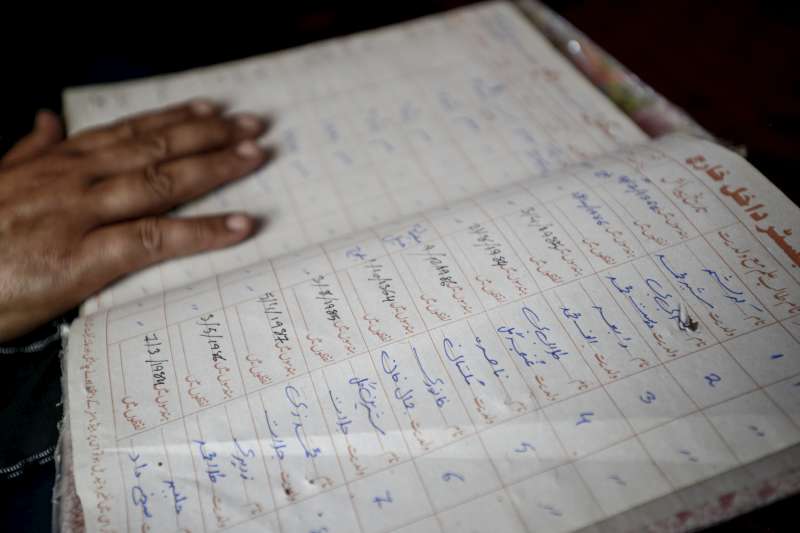 Asifi skims through her meticulous school register of the past twenty years; to date more than one thousand girls have completed their studies through to the eighth grade with her. © UNHCR/S. Rich
Asifi skims through her meticulous school register of the past twenty years; to date more than one thousand girls have completed their studies through to the eighth grade with her. © UNHCR/S. Rich -
![Asifi with her husband Sher Muhammad in their home. He has championed her work with refugee girls from the beginning: "In the future I would like [the schools] to go beyond 8th grade and include technical schools, so they can play a positive role in the development of Afghanistan," says Muhammad.](/20160620134220im_/http://www.unhcr.org/thumb1/55fac3c66.jpg) Asifi with her husband Sher Muhammad in their home. He has championed her work with refugee girls from the beginning: "In the future I would like [the schools] to go beyond 8th grade and include technical schools, so they can play a positive role in the development of Afghanistan," says Muhammad. © UNHCR/S. Rich
Asifi with her husband Sher Muhammad in their home. He has championed her work with refugee girls from the beginning: "In the future I would like [the schools] to go beyond 8th grade and include technical schools, so they can play a positive role in the development of Afghanistan," says Muhammad. © UNHCR/S. Rich -
 Asifi reminisces over old family photos. She misses her mother and the family she left behind in Kabul when she was forced to flee in 1992. © UNHCR/ S. Rich
Asifi reminisces over old family photos. She misses her mother and the family she left behind in Kabul when she was forced to flee in 1992. © UNHCR/ S. Rich -
 The bustling market place is the centre of the community in the Kot Chandana refugee village. Yet only men and younger girls wander freely. Traditionally women are not allowed to shop there unless escorted by a male family member. © UNHCR/ S. Rich
The bustling market place is the centre of the community in the Kot Chandana refugee village. Yet only men and younger girls wander freely. Traditionally women are not allowed to shop there unless escorted by a male family member. © UNHCR/ S. Rich
In cooperation with:
UNHCR Global Strategic Partner

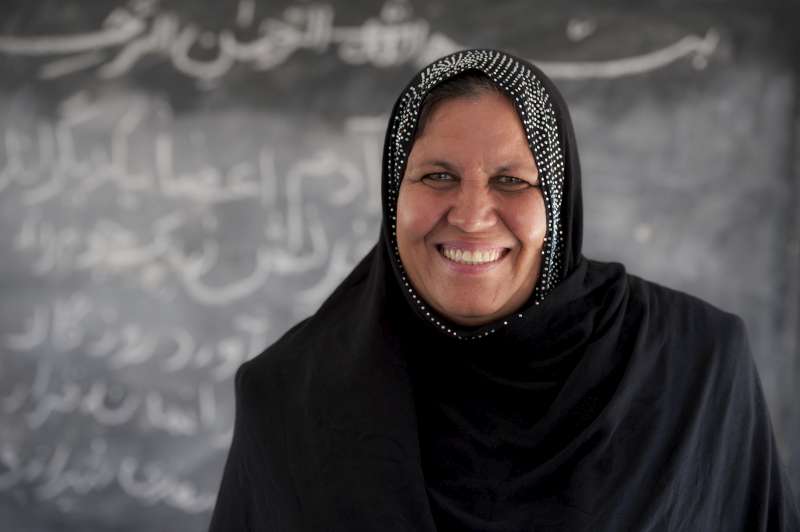









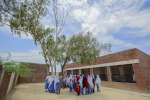

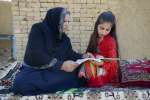


![Asifi with her husband Sher Muhammad in their home. He has championed her work with refugee girls from the beginning: "In the future I would like [the schools] to go beyond 8th grade and include technical schools, so they can play a positive role in the development of Afghanistan," says Muhammad.](/20160620134220im_/http://www.unhcr.org/thumb0/55fac3c66.jpg)



